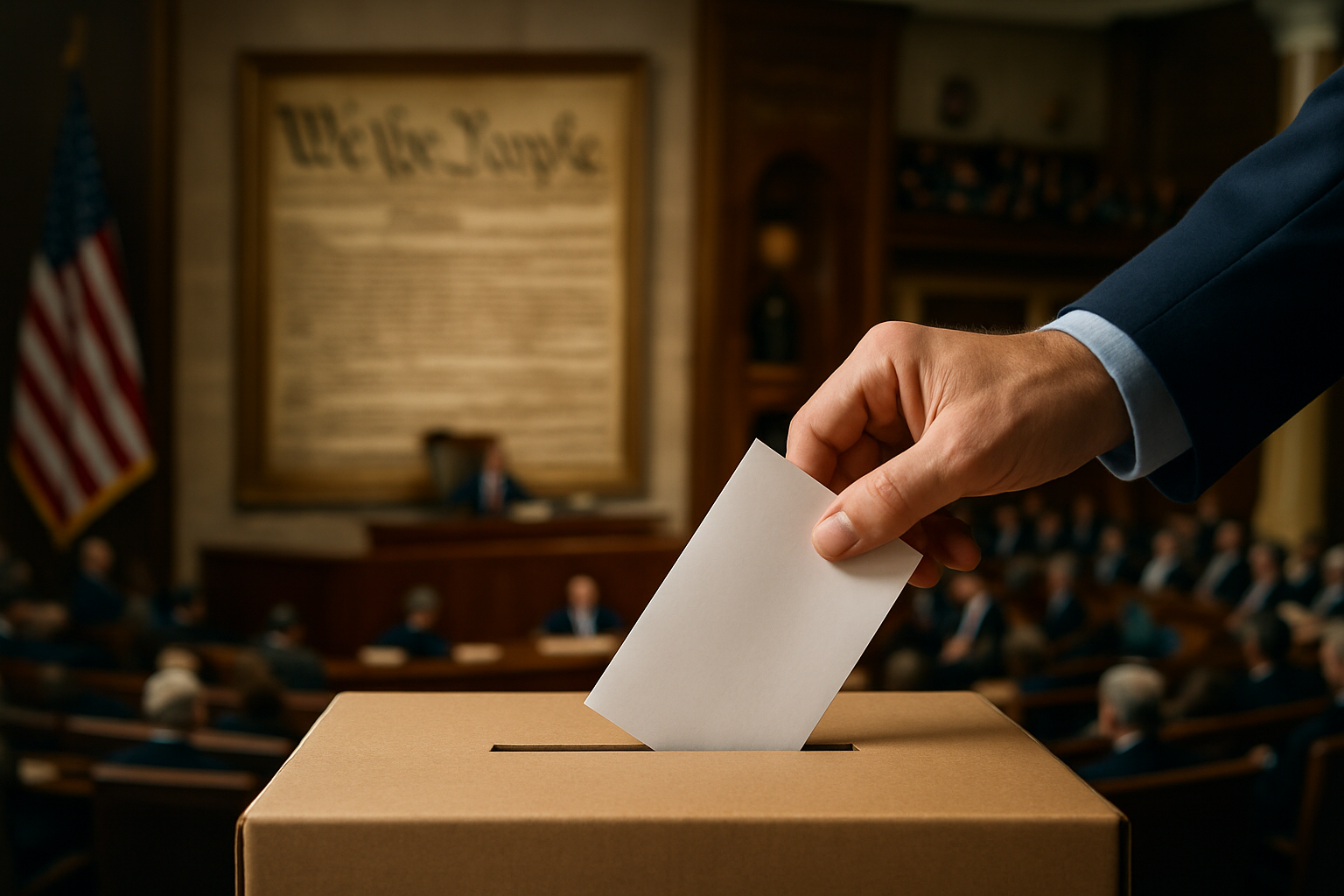"Deciphering the Intricacies of the U.S. Electoral College System"
Introduction: The U.S. Electoral College system is a unique and complex mechanism of electing the President and Vice President. This article delves into the historical context, current updates, and societal implications of this system. The Electoral College system was established in the U.S. Constitution by the founding fathers in 1787. The system was a compromise between electing the President by a vote in Congress and electing the President by a popular vote of qualified citizens. The system was designed to balance the influence of high-population and low-population states. It was also intended to prevent the tyranny of the majority by ensuring that the President had a broad, national support, rather than just high support in populous urban areas.

The Mechanics of the Electoral College System
The Electoral College system works by assigning each state a number of electors equal to its total number of Senators and Representatives in Congress. The District of Columbia is also granted three electors. These electors then cast votes for the President and Vice President. In most states, the candidate who wins the popular vote gets all the state’s electoral votes, a system known as “winner-takes-all.” However, in Maine and Nebraska, electoral votes are allocated by congressional district, with the remaining two votes going to the statewide winner.
Recent Changes and Discussions
The Electoral College system has been a subject of debate and proposed reforms. Critics argue that it gives disproportionate power to smaller states and can result in a President who did not win the popular vote, as happened in the 2000 and 2016 elections. Supporters maintain that it protects the interests of smaller states and encourages candidates to campaign across a wide variety of regions. Recent discussions have focused on proposals to abolish the Electoral College and replace it with a direct popular vote.
The Impact of the Electoral College on Society
The Electoral College system has significant implications for American society. It affects the strategies of presidential candidates, who must focus on winning electoral votes rather than simply getting the most overall votes. This often leads to intense focus on “swing states” that could go either way. The system also affects political discourse, as issues important to voters in key electoral states often receive more attention.
The Future of the Electoral College
The future of the Electoral College system remains uncertain. While there is growing debate about its fairness and relevance in the 21st century, any change would require a constitutional amendment, which is a lengthy and complex process. As such, the Electoral College system, with all its intricacies and controversies, is likely to remain a key part of American elections for the foreseeable future.
In conclusion, the U.S. Electoral College system is a unique and complex mechanism that plays a crucial role in the country’s presidential elections. Understanding its workings, history, and implications is key to understanding American democracy.





